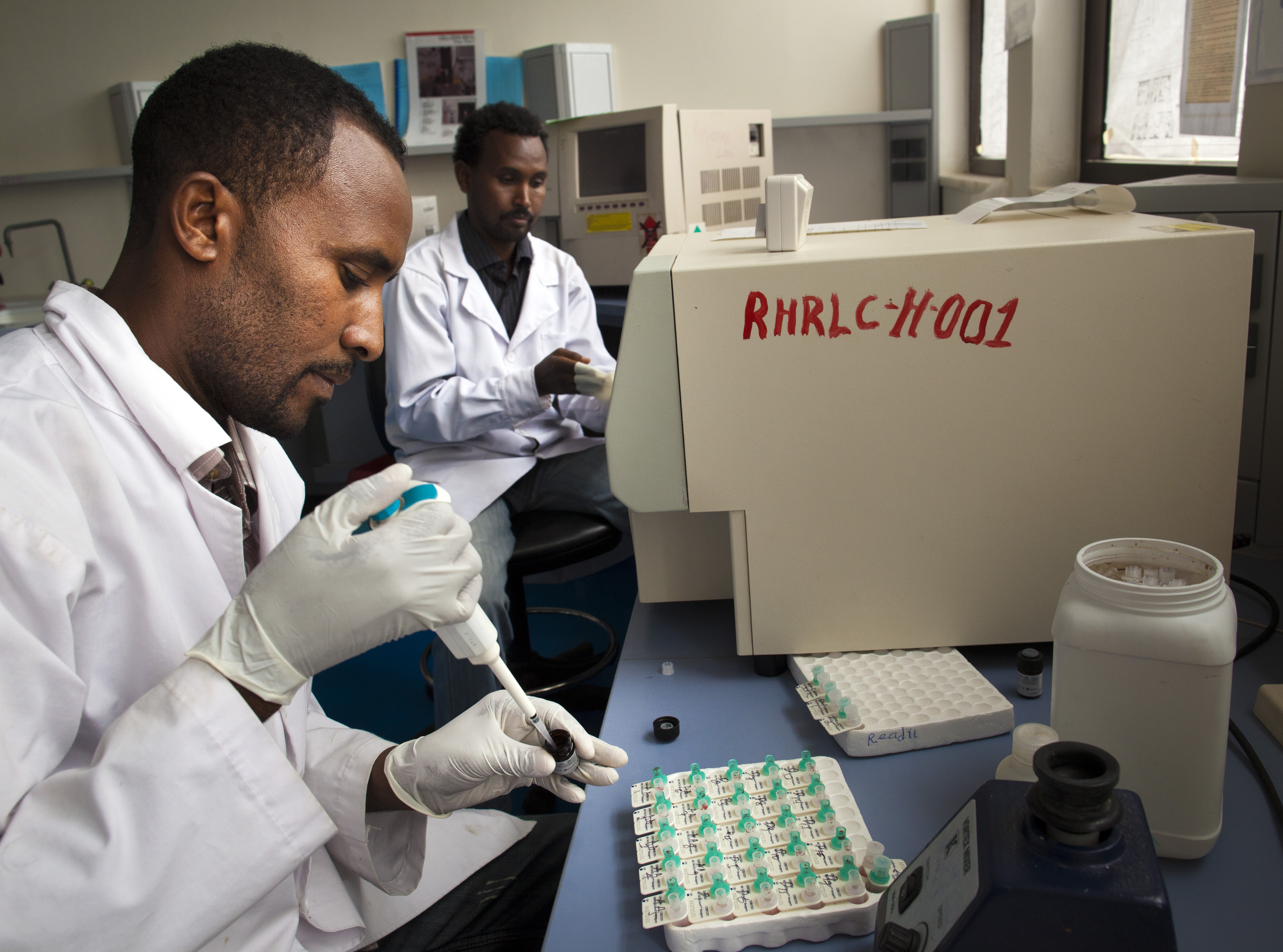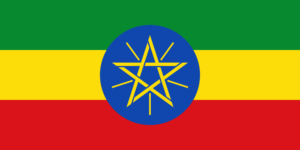Country Snapshot: Ethiopia

The Government of Ethiopia has an agenda of aligning with the Sustainable Development Goals, and part of that agenda includes strengthening its health system. Despite economic growth over the last decade, Ethiopia remains one of the poorest countries in the world. And, while the GOE has invested significantly in its health system and made some progress; it still faces the challenge of providing universal access to good quality health services to a predominantly rural population. In collaboration with HRH2030, the government focuses on training the health workforce and working on a policy level to make the health system as efficient as possible to facilitate access to health care to the Ethiopian population.
HRH2030 Presence in Ethiopia
HRH2030 has three activities in Ethiopia:
HRH2030 One Health
HRH2030 One Health backs existing efforts to implement the Global Health Security Agenda (GHSA), a partnership of over 64 nations working on effective prevention, early detection, and rapid response to infectious disease threats, with a focus on zoonotic diseases. In Ethiopia, HRH2030 provides technical assistance to facilitate coordination of the National Action Plan for Health Security (NAPHS) activities to strengthen the leadership and governance of the health system. By improving transparency, strengthening policies and practices, and improving multisectoral collaboration, One Health looks forward to minimizing the transmission of zoonotic diseases from animals to human populations.
National Health Workforce Accounts (NHWA)
HRH2030, in collaboration with WHO, works in Ethiopia to develop the country’s National Health Workforce Accounts, which will make it easier for policymakers to collect data, evaluate, and improve the country’s health system. The data collected on the education level and production of health service providers, the health care labor market, and the capacity of health workers to serve the Ethiopian population’s needs will be used to design a comprehensive and costed roadmap of how to effectively improve HIV, family planning and reproductive health, maternal and child health, and other critical health services.
Macro-economic Research Agenda
HRH2030 is also working to develop a tool for health system decision-makers to inform multisectoral policy dialogue and advocacy about prioritizing domestic investments in the health workforce based on the expected economic, social, and health impact, and the overall return on investment. Greater investments in the health workforce are vital for ending preventable child and maternal deaths, controlling the HIV/AIDS epidemic, protecting communities from infectious diseases, achieving the Global Health Security Agenda, reaching the goals of Family Planning 2020 and, advancing the Global Strategy on Human Resources for Health: Workforce 2030.
Related News & Resources
How We Can Integrate the Health and Social Service Sectors to Achieve Health for All
In honor of World Social Work Day, in the International Year of the Health and Care Workers, HRH2030 convened an expert panel to showcase work being done through both global initiatives and country programs, highlighting how the health and social service sectors can better collaborate to achieve success together in improving community health.
Case Study Series: Supporting National Health Workforce Accounts in Ethiopia, Indonesia, and the Philippines
To achieve universal health coverage, national policymakers need complete, accurate data about the health workforce. Recognizing this, the World Health Organization developed the National Health Workforce Accounts to standardize sources of countries’ health workforce information and improve their interoperability.
Case Study: Building an Enabling Environment for Strengthening Health Workforce Data and Decision Making in Ethiopia
HRH2030 has been working with the Federal Ministry of Health’s Human Resources Development Directorate and USAID Ethiopia to address weaknesses in the human resource information systems and develop processes for NHWA implementation.






 Ethiopia
Ethiopia